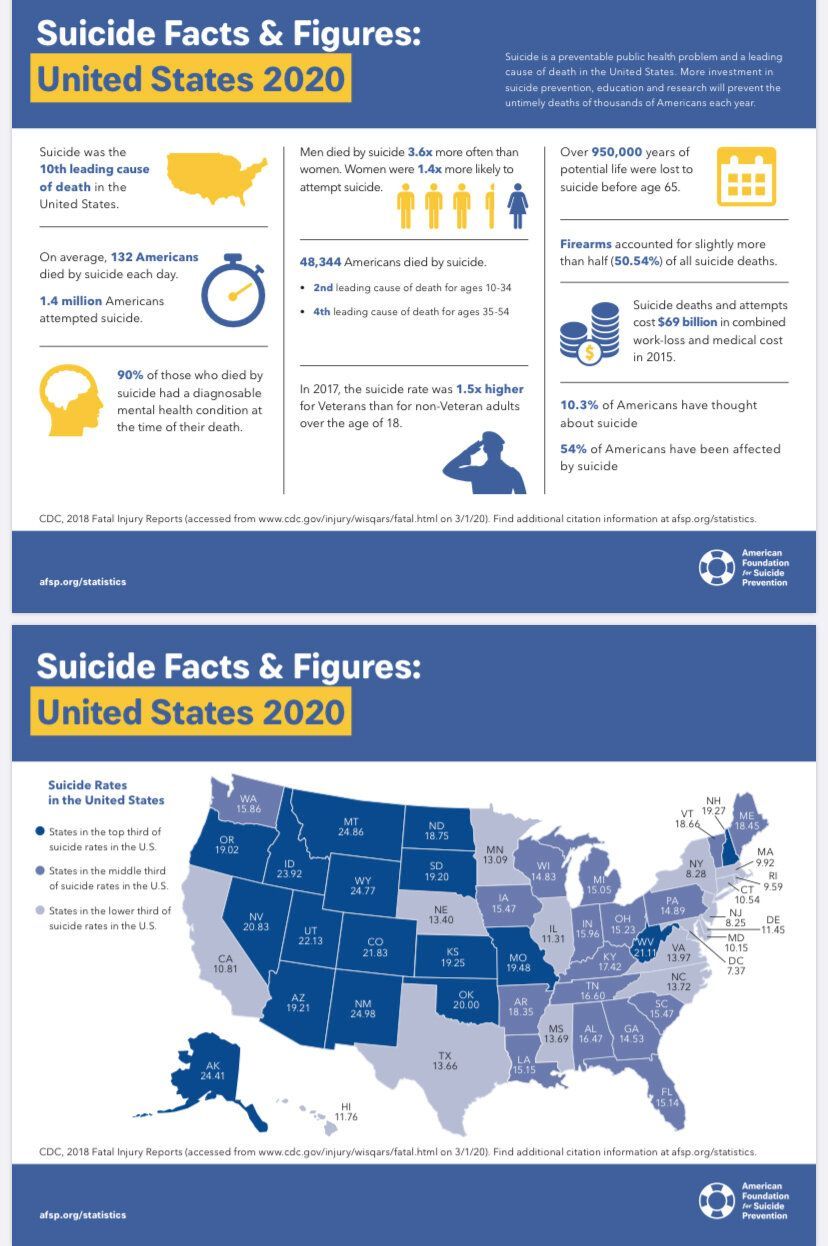What Is Your Relational Pattern?
The number one thing I work on with clients are the patterns they bring to relationships with others. Our patterns reflect our trauma, our identity, our narrative, the choices we make, how we cope… I could honestly go on forever around how our patterns influence every single aspect of our lives.
If we are unaware of our patterns either within ourselves or with others, healing and growth will not happen. Period.
Here are a series of questions to ask yourself to better understand your patterns.
Questions to consider: As you answer, consider the relationships and friendships you have, as well as the family dynamics you grew up in.
- What role do you typically play in your relationships? Caregiver, needy, peacemaker, leader, codependent, people-pleaser, the funny one, the wild card…etc.
- What is your attachment/temperament style? Anxious, secure, avoidant, slow to warm up to others, or quick connection.
- Are you acting in the way you want, or what others expect?
- Where do you land on Myers-Briggs? Introverted/extroverted, sensory/intuition, thinking/feeling, judging/perceiving.
- How do you handle conflict? Consider if you are a fight, flight or freeze.
- How are you with boundaries: Are you enmeshed (You become so close you don’t know how to function without that person, entangled), disengaged, rigid, or flexible?
- Are there unhealed wounds or trauma to consider?
When emotions are brought up, where is your comfort level within the relationship/friendship?
These are simple yet important questions to ask when it comes to understanding our patterns. Be curious and honest around the level of healthy your pattern is and if there needs to be some internal work done.
You may not know some of these answers or concepts and that is okay. This is why therapy exists…to help build understanding around how we interact with others and why. If we do not know what our patterns are within our relationships it will be hard to build and sustain healthy relationships, hold healthy boundaries, practice effective self-care and be confident in our identity. I encourage if these questions have impacted you in anyway to reach out for support.


